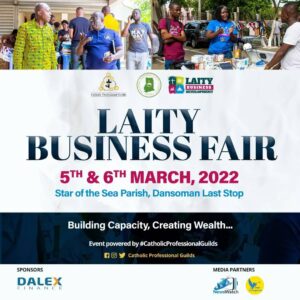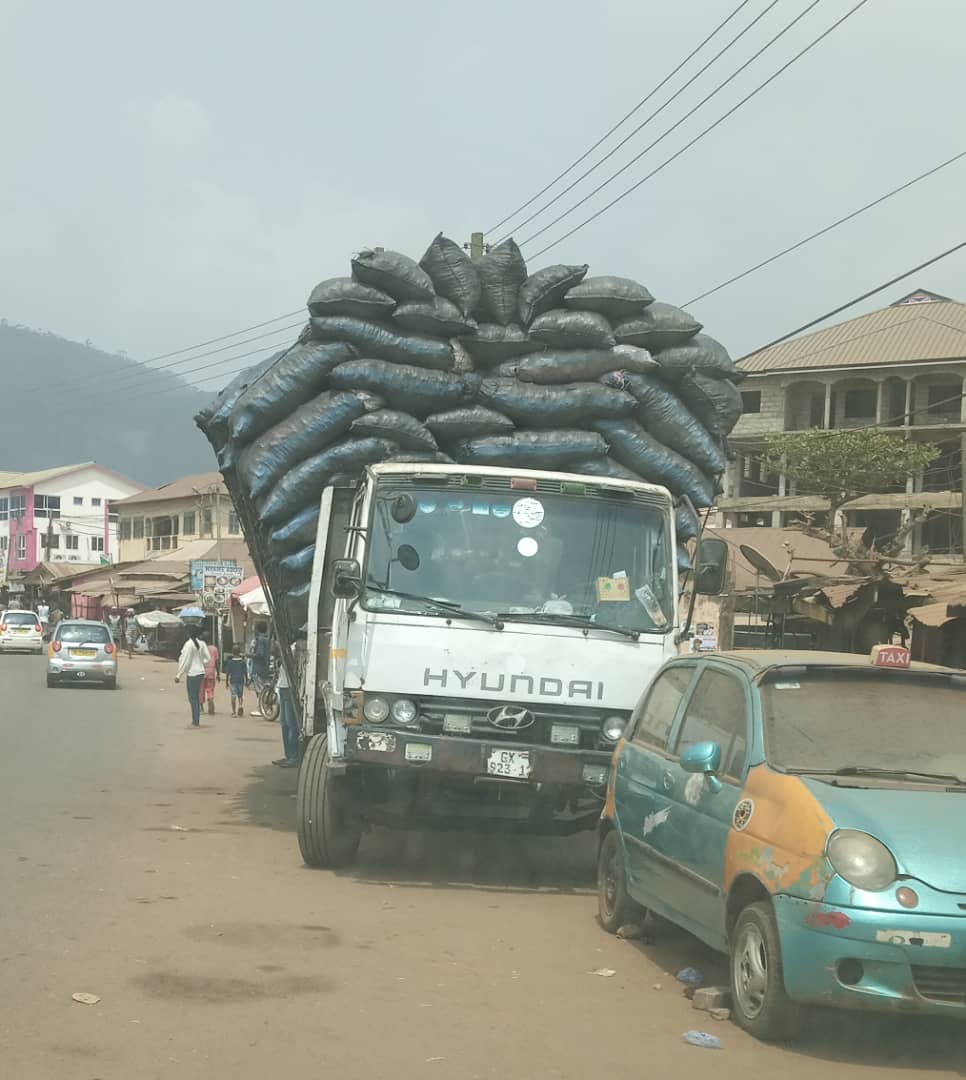Afram plains is located in the North-eastern part of Ghana, with 2 political districts: Tease and Donkorkrom. Afram Plains is blessed with beautiful vegetation, forest and a stretch of river, which allows a considerable number of inhabitants to farm and engage in fishing. It is a beautiful terrain to visit and be greeted with a variety of foods, tribes and cultures.
Decades ago, one would undoubtedly agree that Afram Plains housed one of the largest food baskets of the country. Driving past the Kwahu Mountains, in those days, you would see truckloads of tubers of yam and other food stuff stocked in them slowly crawling down the hills.
Unfortunately, it is sad to note that today, Afram Plains only bears the name ‘food basket’ of the country but does not produce much food crops, which were carried in trucks, on boats and pontoons into the markets of big cities.
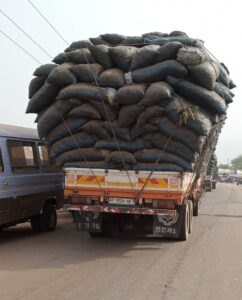
Afram Plains is slowly gaining a different image. Travel up the said mountains again and see huge trucks overloaded with charcoal on the poor and dilapidated roads. This new shift has been happening in the last decade or more. Sometimes, when you spot these Charcoal trucks, you wonder if in the next 10 years there would be any tree left in the area.
I prefer to refer to the current activities on the ground now as ‘Charcoal Mining’ because of its lucrative nature, the huge havoc it is causing the area and the climate. It is now the thriving business everyone would engage in.
The real question is why the sudden huge shift from food crops to Charcoal Mining?
As I was nosing around the area, an elder of a chief’s palace, (who preferred to remain anonymous) told me a myth to ascertain the reasons for the huge shift.
He said, Afram Plains originally was a cocoa growing area, however, due to the abrupt climate change in the area then, cocoa planting was no longer doing well. In the wake of that, some people from Krachi took to yam and other crops cultivation. Later on, other tribes like the Konkombas and Dagaba also flowed suit. Trees were mainly felled then to pave way for planting of crops. Burning of charcoal, on the hand, at that period was done on a small scale, mainly for domestic use (In fact, majority of the people at that time used firewood for cooking). Those who engaged in charcoal selling were not many.
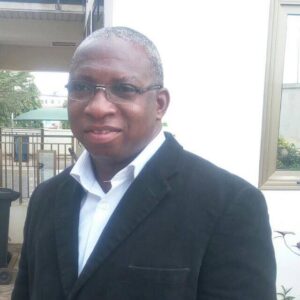
Much later, the Sissala tribe came into the area. They saw the felled trees useful and started ‘mining’ charcoal on a large scale. The other tribes: Krachi, Konkombas and Dagaba who were mainly engaged in yam and other food crops farming, realized ‘charcoal mining’ was very lucrative and more importantly, it brought in ‘quick cash’ unlike the yam and others crops they farmed. This has lured almost every household (including Fulani herdsmen) into the business; a lot of young men and women are engaged in this business because of lack of jobs.
Speaking even more seriously, I am at a loss as to whether to call it ‘illegal mining’ or not because somehow, it is alleged that the government is also making a lot of revenue from it too. The huge concern I have though is if the government is making any effort to curb this menace.
A poor herbalist lamented that because of the burning of trees, a lot of herbs, which have medicinal value are burnt up. The few people who are still farming food crops lose their farms to fire outbreaks because of this sudden new found ‘Mineral’ in the area.
The truth is, it will be very difficult, if not impossible to stop anyone now, particularly looking at the dents in the country’s economy and unemployment ‘wahala’.
There are a number of factors owing to the gradual depletion of the beautiful greenery in Afram Plains if one pokes his or her nose a little bit further. The department of forestry is blaming the Chiefs and the Chiefs are equally blaming the forestry commission. The rest of the people are blaming both the Chiefs and the forestry commission; I guess this is the situation in most part of the country (right from Adam and Eve’s time).
Lands in the Afram Plains are owned by the chiefs on the Kwahu Mountains: Brukwa stool land, Pitiko stool land, Abetifi stool land and Nkwatia stool land. The ‘Chiefs’ in the Afram Plain are only custodians of the land. This means the trees on the land are only managed by the custodians per the directives of the Chiefs. This obviously, does not make the people (most of whom are from different tribes) living there, to bother much about replanting of trees.
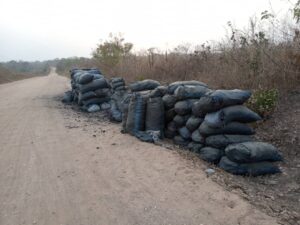
Tree planting (on the blind side of many), is not instantly rewarding so why waste time and energy worrying yourself about replanting as some people hold out to. Bush fire is the other obvious challenge the area is plagued with and finally, those who are scared of report cases of unlawful felling of trees, because of victimization; they would rather be silent than speak and be hunted by some ‘powerful people’.
In the interim, one can only call for disciplinary measures to salvage the few tress left, more importantly, inculcate in the people the sense of replanting. This for sure is a big challenge, particularly, when the people are used to only felling of trees. Nevertheless, I equally believe that inside every challenge, there is an opportunity.
Currently, I know the Justice, Peace and Integrity of Creation office under the auspices of the Society of the Divine Word Missionaries (SVD) Ghana-Liberia Province, the Missionary Sisters Servants of the Holy Spirit -SSPS (both being a male and female Catholic Religious Congregations of the respectively) and the Catholic Bishop of the Apostolic Vicariate of Donkorkrom, Most Rev. Alphonse John Asiedu, SVD are engaging with stakeholders: Chiefs, Department of Forestry, the two Political District Assemblies, Local Council Churches and other stakeholders on how to inculcate the habit of replanting trees in the area.
It is their aspiration to particularly engage seriously with the ‘Charcoal Miners’ and Chain Saw Operators to temporarily halt (at least for a month or two every year), all activities concerning: felling of trees, burning of Charcoal and transporting of Charcoal. This period could be spent on replanting exercise, facilitated by the forestry commission in the whole area.
Chiefs, Elders, Churches, Individuals of every community could allocate at least two or more acres of land for wood lock farming.
More importantly, every community should form Fire Volunteers in their area, who will liaise with the forestry commission and Fire Service to see how well the trees are taken care of.
I believe if this kind of exercise is replicated in most areas and not just in the Afram Plains, we would be practically and gradually addressing climate change issues and not just calling for big and unproductive meetings.
Kudos to the government. Last year and this year the government has been engaged in talks and lots of activities on greening Ghana; good show!!
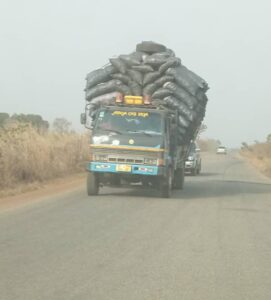
However, there is still much to be done. I dare to say, that only in just a few areas that the Green Ghana Campaign is taken seriously but if well planned, it will be another employment creation opportunity for the entire nation. Stakeholders, such as the Chiefs, Churches and other youth organizations should be deeply involved in the exercise. It should be well organized and supervised by forestry department.
God created us to be caretakers of the environment and not to destroy it. Whether we believe it or not, humans and the environment are interdependent. We may care very little for the environment, but when it does same to us, we would not survive it. At least, we have the freedom to use what God created and entrusted into our care, nevertheless, we should be quick to replenish what we use as a sign of being responsible and respectful to its creator.
Strangely enough, some animals: the squirrels and rats, either knowingly or unknowingly have that idea (when they eat a fruit of a tree, they hide the seeds in or literally litter them on the ground, which later grow into a tree). Let us all get involved in caring for Mother Earth. It is not a choice, but a must.
The Balians in Indonesia believe in a wisdom, that there are three ways to achieve happiness: our harmonious relationship with God, the connection or relationship between human beings and finally our connection with the environment.
Nicholas Nibetol Aazine, SVD
(Coordinator for Justice, Peace and Integrity of Creation, Ghana-Liberia Province)
Divine Word Missionaries: A Catholic Missionary Society
justiceandpeaceint@gmail.com or nicholasbetol@gmail.com
